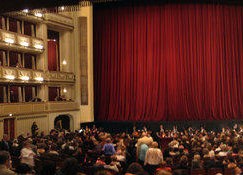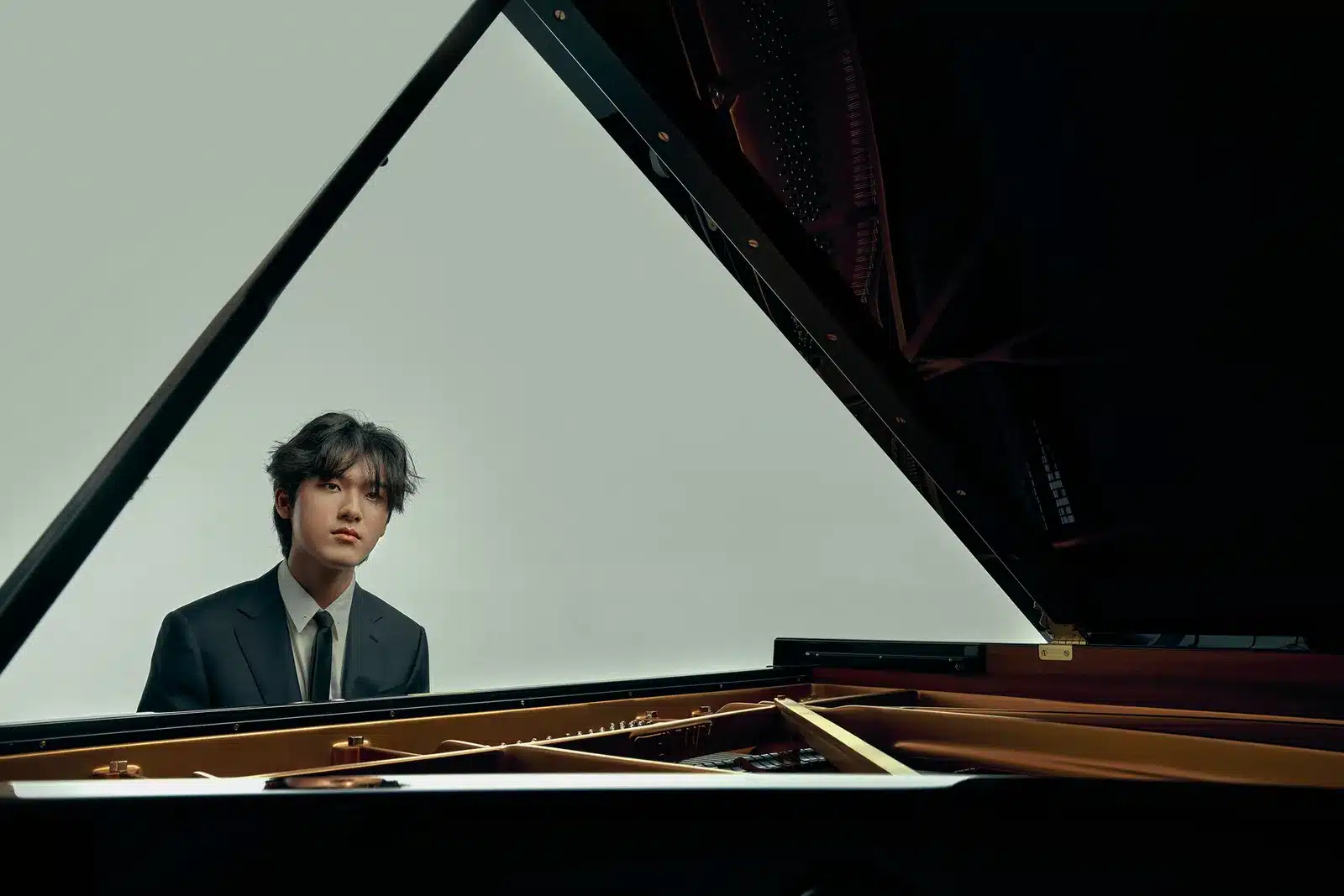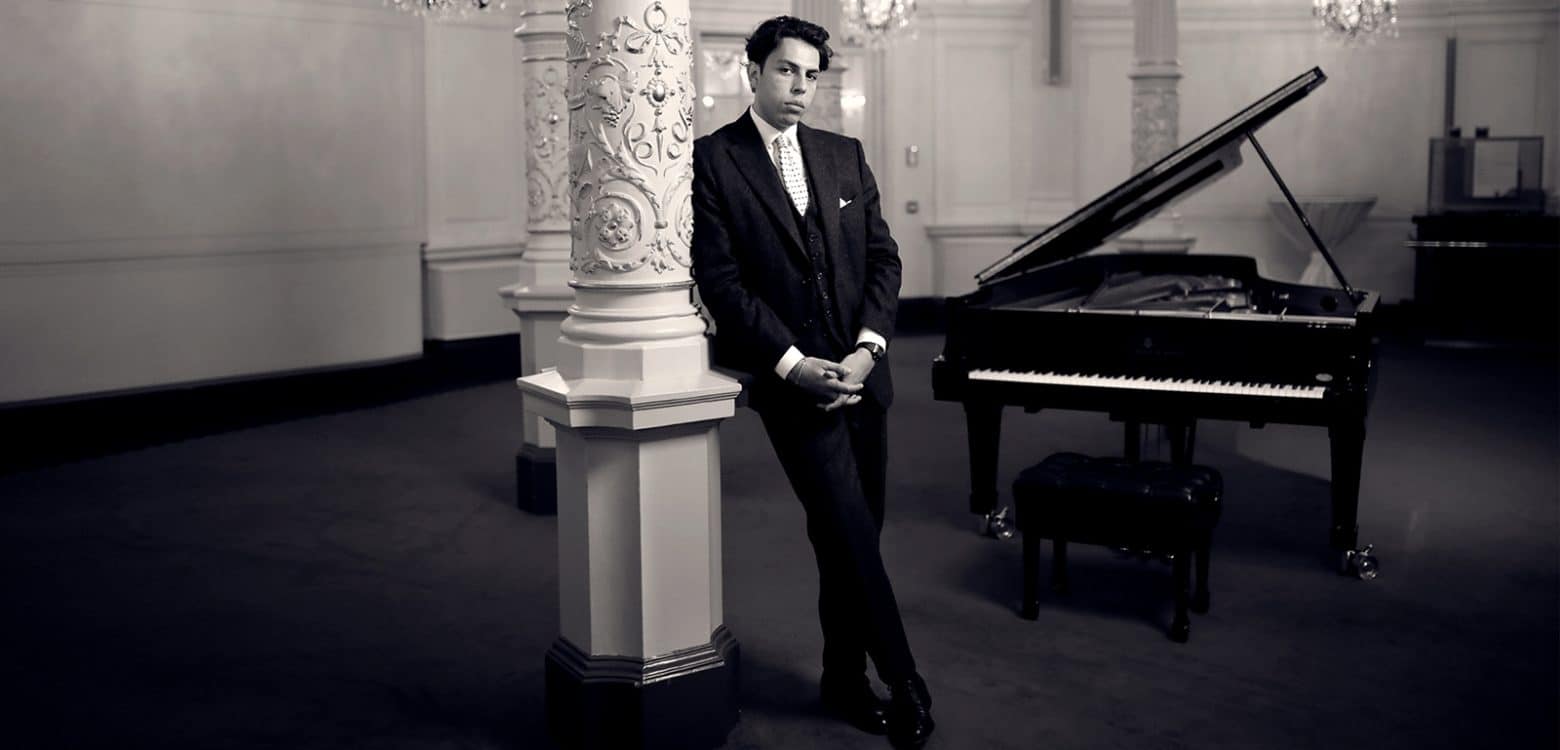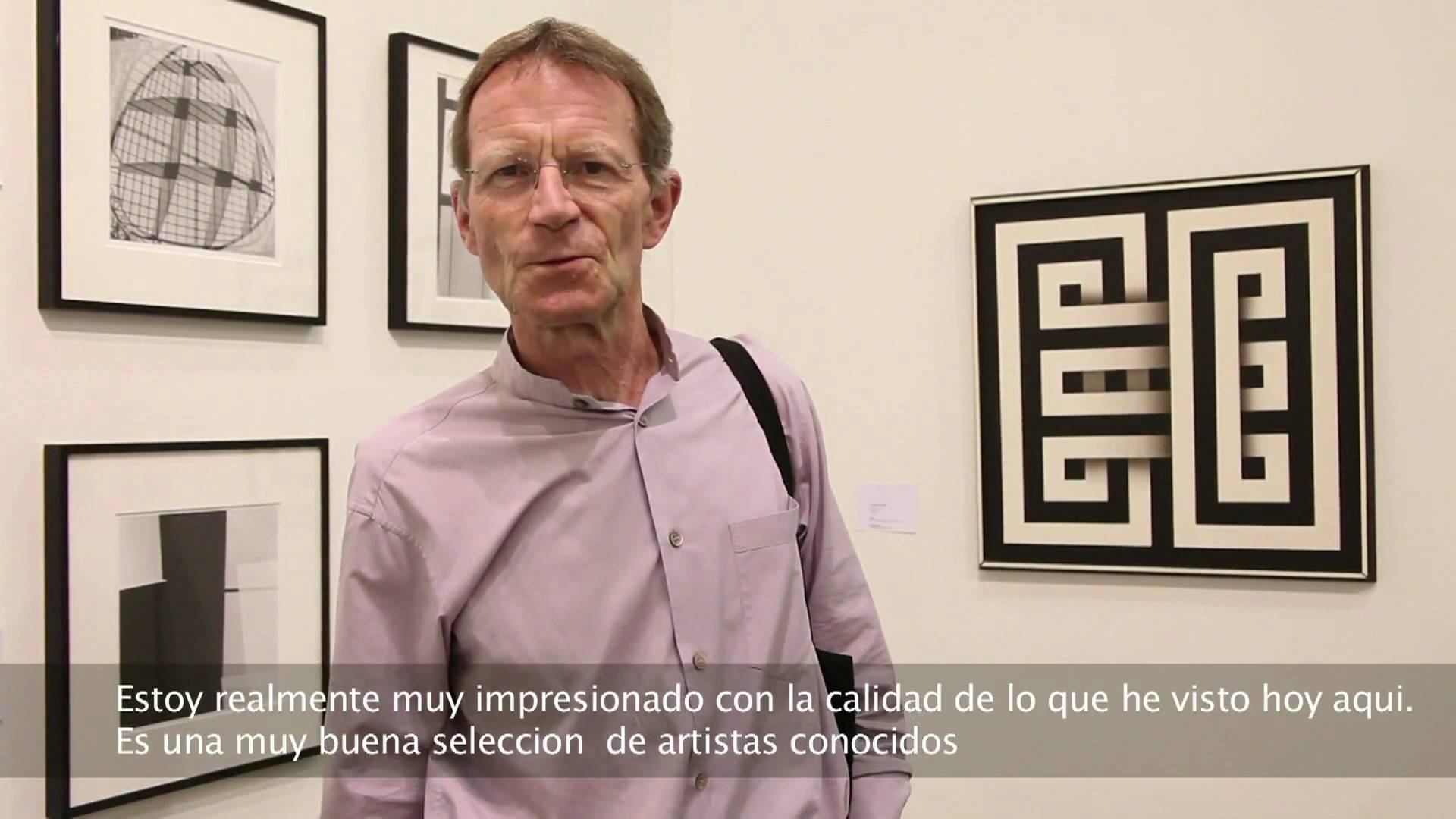Vienna Opera adopts weird Scottish practice
main
Or, as the Chinese say, it’s the Year of the Florez.


Or, as the Chinese say, it’s the Year of the Florez.
Last night, Yunchan Lim gave a recital of…

We understand that Daniel Barenboim was well enought…

This happened at the Concertgebouw and it’s causing…

Panic measures from ACE. We hear that a…

Session expired
Please log in again. The login page will open in a new tab. After logging in you can close it and return to this page.
Comments